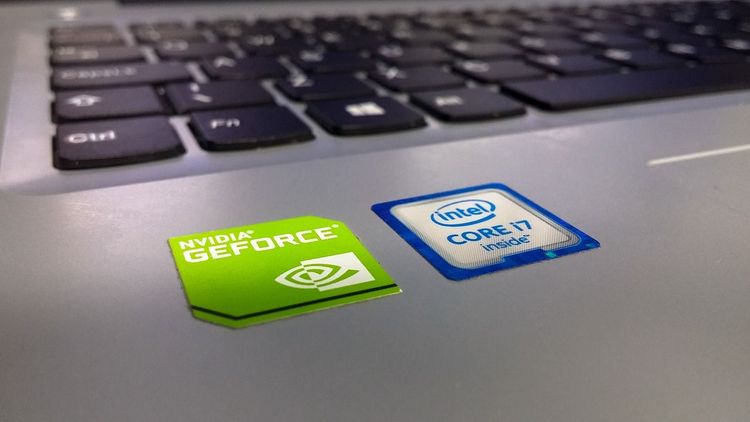Google Gemini: A New Frontier in Personal Health Insights
Google Gemini, though only six months old, has already demonstrated remarkable abilities in security, coding, and debugging, among other areas, while also revealing some significant limitations. Now, this large language model (LLM) is surpassing human experts in delivering sleep and fitness advice.
Introducing the Personal Health Large Language Model (PH-LLM)
Researchers at Google have unveiled the Personal Health Large Language Model (PH-LLM), a specialized version of Gemini designed to interpret and analyze time-series personal health data from wearables like smartwatches and heart rate monitors. In comparative experiments, PH-LLM consistently outperformed seasoned professionals in the health and fitness domains.
“Our work expands model utility beyond predicting health states to generating coherent, contextual, and potentially prescriptive outputs based on complex health behaviors,” the researchers state.
Gemini as a Sleep and Fitness Advisor
Wearable technology offers a continuous stream of data for health monitoring, including exercise and diet logs, mood journals, and even social media activity. However, researchers note that valuable insights drawn from data regarding sleep, physical activity, cardiometabolic health, and stress often go underutilized in clinical settings, likely due to challenges in context and analysis.
While LLMs have excelled in medical question-answering, electronic health record analysis, and psychiatric evaluations, they have struggled with interpreting and recommending actions based on wearable data. The breakthrough with PH-LLM is its ability to make personalized recommendations and predictions concerning sleep quality and fitness.
In tests, PH-LLM achieved an impressive 79% in sleep exams and 88% in fitness assessments, outstripping the average scores of professional trainers and sleep experts, who scored 71% and 76%, respectively.
Demonstrating Its Capabilities
In one example, when prompted to analyze a 50-year-old male's sleep data, PH-LLM identified issues such as difficulty falling asleep and emphasized the importance of deep sleep for recovery. It offered actionable advice: "Keep your bedroom cool and dark, avoid naps, and maintain a consistent sleep schedule."
When queried about muscle contractions during a bench press, PH-LLM correctly identified the contraction type as "eccentric." In another instance regarding self-reported sleep issues based on wearable data, it accurately predicted difficulties with sleep onset.
The researchers concluded, “These results highlight the extensive knowledge base and capabilities of Gemini models, emphasizing the need for further development in the safety-critical personal health domain.”
Personalized Insights Powered by Data
To achieve these results, the researchers curated three datasets to evaluate personalized insights and recommendations based on physical activity, sleep patterns, and physiological responses. They developed 857 case studies (507 sleep-related and 350 fitness-related) in collaboration with industry experts. Each case study integrated wearable sensor data over extended periods, demographic information, and expert interpretations.
These studies examined various metrics, including overall sleep scores, heart rates, sleep durations, and activity levels, leading to personalized recommendations for improved sleep hygiene and fitness.
“Our study demonstrates that PH-LLM can effectively integrate passively collected data from wearables into tailored insights and suggestions to enhance health outcomes,” the researchers noted.
Challenges Ahead for Personal Health Applications
Nevertheless, the researchers acknowledged that PH-LLM is still in its infancy and requires further refinement. Some model-generated responses lacked consistency, and confabulations were present across various case studies. The model occasionally overlooked crucial aspects of sleep and fitness, indicating that the training sample may not fully represent the broader population's health concerns.
“We emphasize that significant work remains to ensure LLMs are reliable, safe, and equitable in personal health applications,” the researchers wrote. This includes minimizing confabulations, addressing unique health circumstances, and ensuring diverse training data.
Overall, the researchers asserted, “This study marks an important milestone towards creating LLMs that offer personalized information and recommendations, empowering individuals to better achieve their health goals.”







